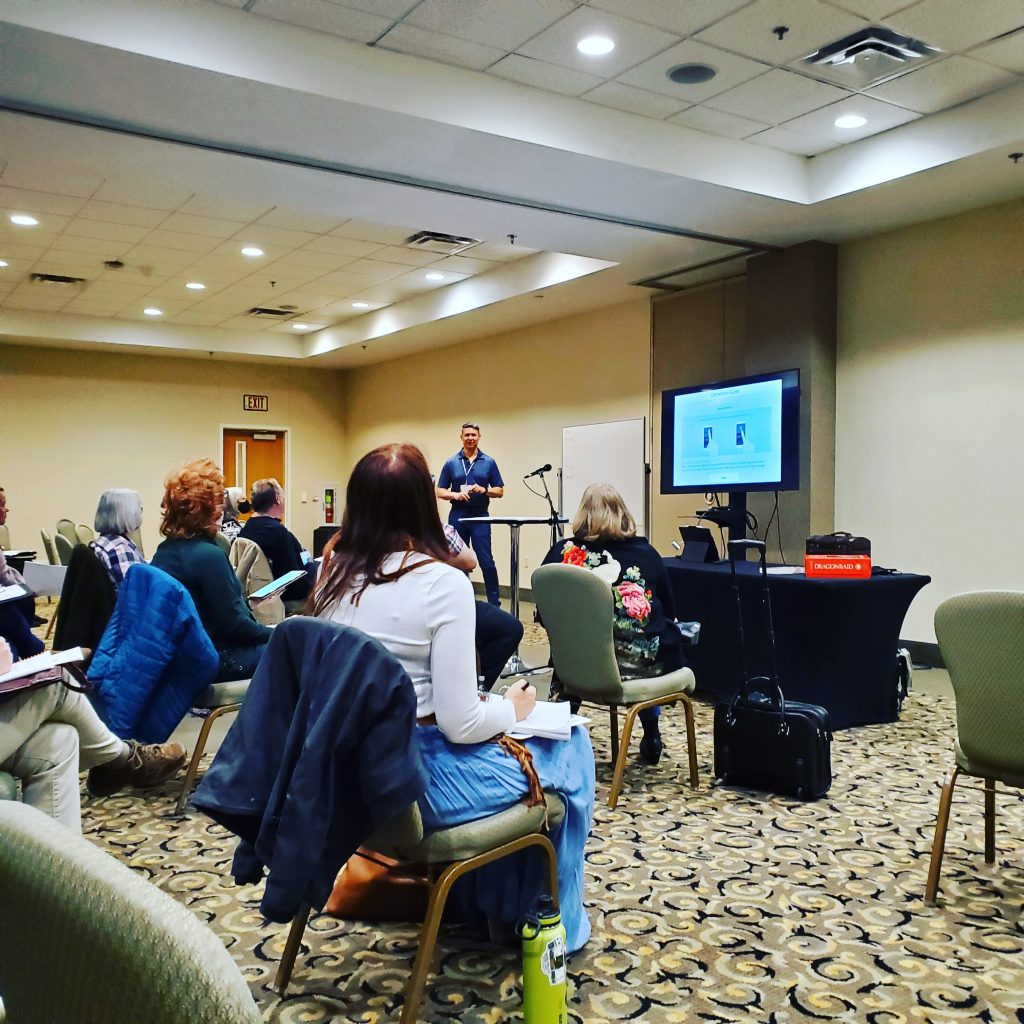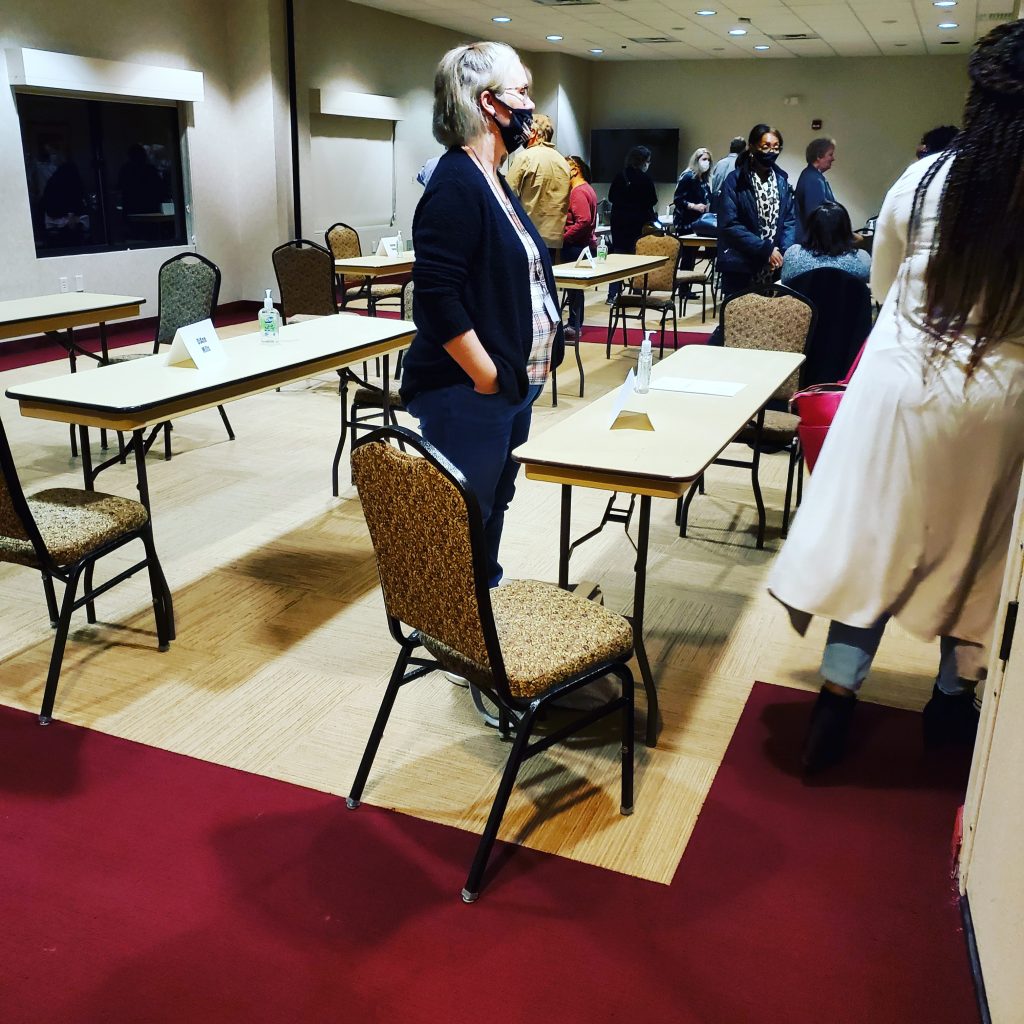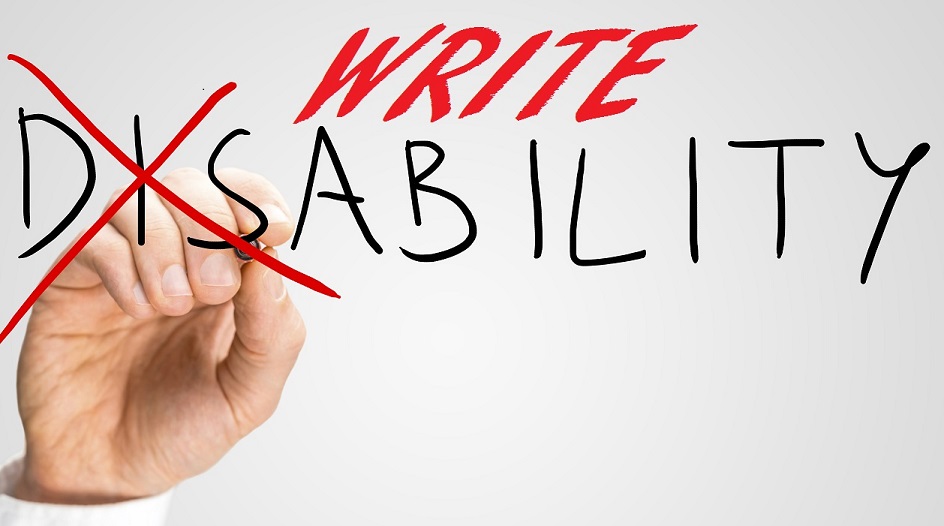Fifteen years ago a high school football standout was diagnosed with brain cancer his senior year. He approached me at the gym and shared how he was struggling. Since we went to the same church, he knew about me. I began sharing with him some of my struggles.
I’d learned a few hard truths during the difficult season of my recovery, including:
- No one knows how much time they have left.
- Things don’t always go as we hope or plan.
- Every injury or story is different.
- We all need help at some point in life.
- Use your time wisely and make it count.
My struggles resonated with him because they were similar to his. We bonded over our passion for physical fitness. About two years after we met, I noticed he was no longer coming to the gym or attending church. His parents informed me his brain cancer had returned. It wasn’t long after that that he died—at the young age of 21.
His death reinforced the need for me to make every moment count.
Make It Count!
The first few days after my accident I could only get around in a wheelchair and I had to be pushed by someone else. Those are some of the hardest times in my life because I was dependent upon others. It taught me how to ask for help.
I had a severe learning curve with my new normal and while doctors understood what was going on physically, they didn’t understand how I felt mentally. It was a long road getting to where I wanted to be. We all have good days and bad days, but when you’re disabled the difference between those is drastic.
Each setback made me only appreciate the good days more. This is why I take advantage of every chance I get to walk, run, or bike. Because I know I can lose those abilities at any moment.
The writing life is just as fragile and unpredictable. There are days when we can turn out a thousand words and others when we can’t even stream together one sentence. By now most of you have learned the discipline of time management and how integral it is to the writing life.
When we get sidetracked in our writing or face a setback in publication, it takes up more than just time; it sucks the life out of our passion for the art. That’s why we must take every opportunity to grow, learn, and help others within the writing community.
As I write this I am recovering from an intense five-day writer’s conference that was amplified by the pandemic. Not only were there class times to meet, agents and publishers and writers to network with; in the back of my mind, there were health concerns. Still, I was able to pick up a few tools for my writing toolbox and learn a few other things.
- It’s good to be with others who understand the pressures of the writing path.
- You need a strong sense of humor to be secluded with people from all walks of life during a pandemic. This gives you a bigger perspective.
- We’re all at different stages in our writing careers.
- We need to hear the advice and stories of others within the community.
- We all know need encouragement.
- Writers need self-care (physically, mentally, and spiritually).
- Technology does what technology wants (both Apple and PCs).
- Mac users are not morning people and PC users start the day early.
I noticed the latter during the morning breakfast time. It was rare to see a Mac user up that early. My fellow PC users and I joked that the Mac users were up late trying to get things done. You never know when you can learn from each other.
One night after dinner I was talking to an acquaintance who is a Mac user about the publishing industry and my frustrations. She politely shared with me her views as an agent and encouraged me to think about it. Well, as in life—you never know.
You Never Know!
Last year, the mother of a 21-year-old soldier who sustained a brain injury in a training accident reached out to me on social media for some advice and encouragement about what her son was going through.
Over the course of 4 to 6 months, I learned about Luis’s family and injuries. While I wanted to tell the mother everything was going to be okay, I knew the truth that every brain injury is different and no one knows what will happen.
Unfortunately, this summer I learned the soldier had succumbed to his injuries leaving behind a young wife and a small child. I still keep up with his mother on social media and it breaks my heart to see her grieving. Time is indeed precious and during this pandemic, people need encouragement more.
- Social distancing means limiting physical contact.
- Limiting the spread of the virus means less travel and interactions with others.
- Depression preys on the lonely.
- Lack of activity has severe effects on the body.
- Even after nine months of this new normal, no one knows what lies ahead.
- It doesn’t take much to encourage others.
A few weeks before the conference, I went on a mountain getaway. At the same time, a writing acquaintance was having a release party for her devotional. I decided to take a slight detour to support her and cheer her on. It didn’t take long before she returned the favor to me.
She is the agent I spoke with about publishing at the writing conference. She’s also a fellow columnist on this website, pandemic life should teach us all to make every moment count!

Martin Johnson survived a severe car accident with a (T.B.I.) Traumatic brain injury which left him legally blind and partially paralyzed on the left side. He is an award-winning Christian screenwriter who has recently finished his first Christian nonfiction book. Martin has spent the last nine years volunteering as an ambassador and promoter for Promise Keepers ministries. While speaking to local men’s ministries he shares his testimony. He explains The Jesus Paradigm and how following Jesus changes what matters most in our lives. Martin lives in a Georgia and connects with readers at Spiritual Perspectives of Da Single Guy and on Twitter at mtjohnson51.








No Comments